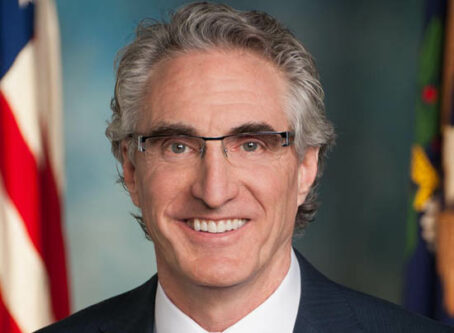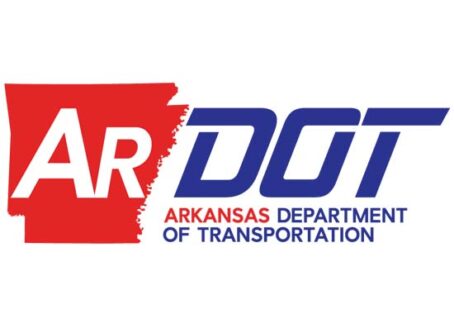Connecticut road funding plans remain in flux
A transportation funding plan released by Connecticut’s governor went over like a lead balloon in the days following its unveiling. In the aftermath, an unlikely partnership could result to get a deal done at the statehouse.
Gov. Ned Lamont has been active his first year in office to end the state’s distinction as the lone New England state without any kind of tolling program for road funding.
The Democratic governor initially touted a truck-only toll before revising his plan to include an all-electronic toll on all highway users to increase road funding.
He also originally wanted 80 toll gantries throughout the state. A cool reception to the idea among Republicans and some Democrats, as well as many constituents, spurred the governor to revise his plan to about a dozen gantries.
In hopes his concessions throughout the year would appease enough of the Democratic majority to get a toll component enacted, Lamont earlier this month unveiled his updated transportation plan called CT2030.
The 10-year, $21 billion road funding plan relied heavily on tolls. The plan called for adding tolls at 14 locations across the state.
The cheapest toll rate for large trucks would be $2.80.
Senate Democrats were immediately resistant to the toll idea. They quickly swatted down Lamont’s ambitious road funding plan.
Legislative leaders in the governor’s party have not offered an alternative plan.
Many thanks to the Connecticut State Legislature for deciding to search for an alternative method to fund the state’s infrastructure goals that will *NOT* include a toll on I-684. I am glad our voices were heard!https://t.co/a2yVEm3JDy
— Senator Shelley Mayer (@ShelleyBMayer) November 14, 2019
Senate Republicans’ counter road funding plan
Connecticut Senate Republicans also are opposed to plans to add tolls to state roadways.
Instead, the state’s minority party has released a 10-year, $18 billion alternative plan. The GOP road funding plan does not rely on tolls or new taxes. However, many of the same projects proposed by the governor are included.
Specifically, the Republican’s “FASTR CT” plan relies on low-cost borrowing from the federal government to help cover expenses for road, bridge, rail, port and bus improvements. The governor’s plan includes the same borrowing component.
The big difference between the plans is the GOP’s reliance on “rainy day” funds to cover costs. Tapping the state’s budget reserves would allow the state to pay off pension liabilities to free up $130 million annually that could be used for transportation.
The state’s Special Transportation Fund would also be supported by a vehicle tax and $100 million in new annual state bonding.
“We do not need tolls or tax increases,” stated Sen. Henri Martin, R-Bristol.
Instead, he says roads, rail and bridges can be improved by adopting smart fiscal policies, better managing state dollars and leveraging federal aid.
#FASTRCT is @CTSenateGOP‘s NO TOLLS, NO TAX INCREASE transportation plan for #Connecticut. @GovNedLamont‘s #CT2030 plan will make you pay tolls leaving you with less money. Haven’t you been taxed enough?
Read the plan: https://t.co/Hu8e9qntIE#CTPolitics #CTNews #NoTollsCT pic.twitter.com/qar3Qkb1K6
— CT GOP (@CTGOP) November 18, 2019
Republican leaders hope that Lamont will come over to their side to get a deal done on road funding.
“We all agree that Connecticut needs to improve our transportation system. A reliable and modern transportation system is a key to a healthy economy and job growth,” Senate Republican Leader Len Fasano, R-North Haven, said in prepared remarks.
The GOP plan, called Fiscal Accountability and Sustainable Transportation Reform CT, would trim the state’s reserve fund from $2.7 billion to $1.2 billion. The Connecticut General Assembly’s Office of Fiscal Analysis reports that under the plan the fund would be back up to $2.5 billion by 2024.
Lamont has indicated he generally supports the GOP road funding initiative but he has concerns about using the state’s emergency reserves.









